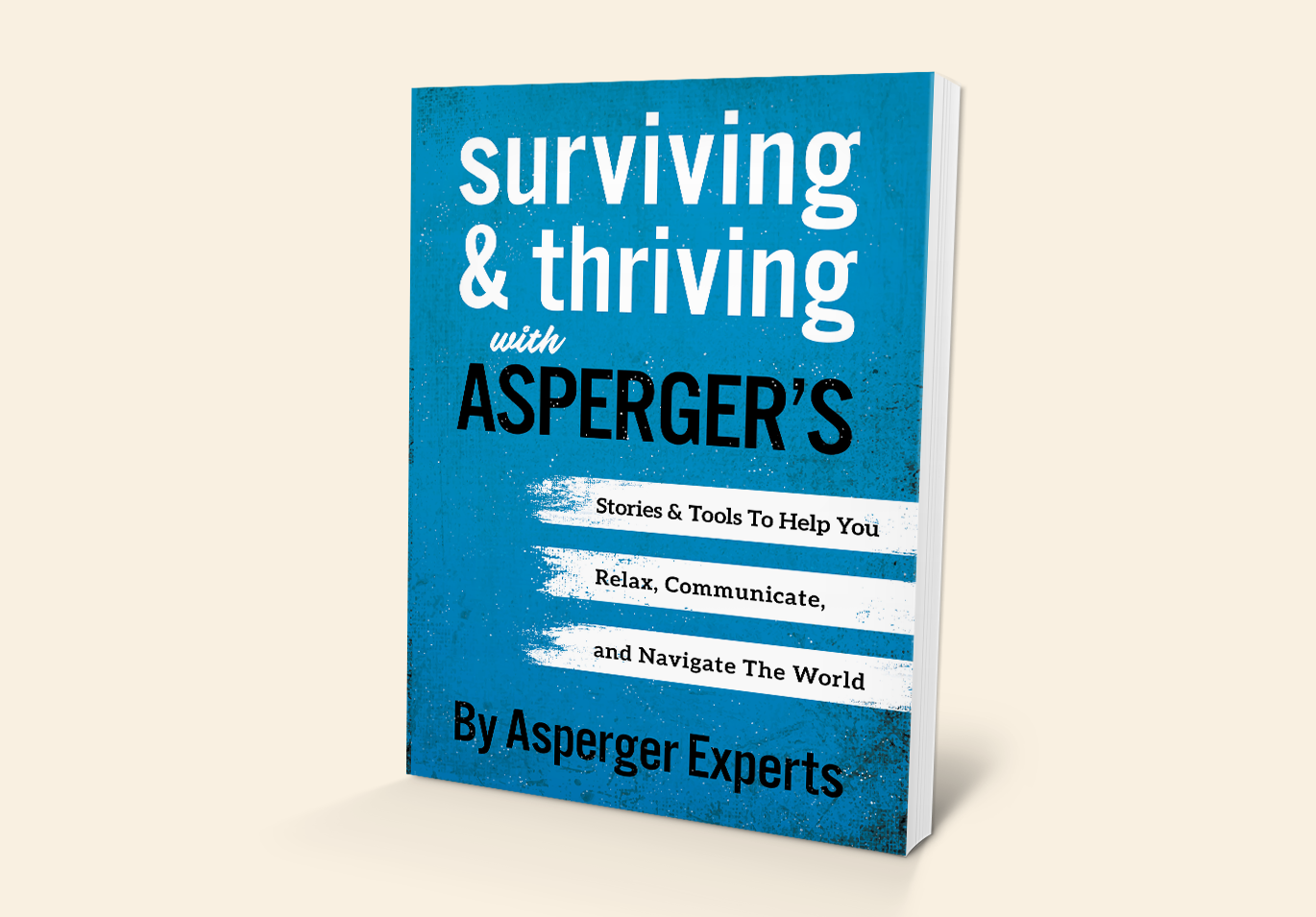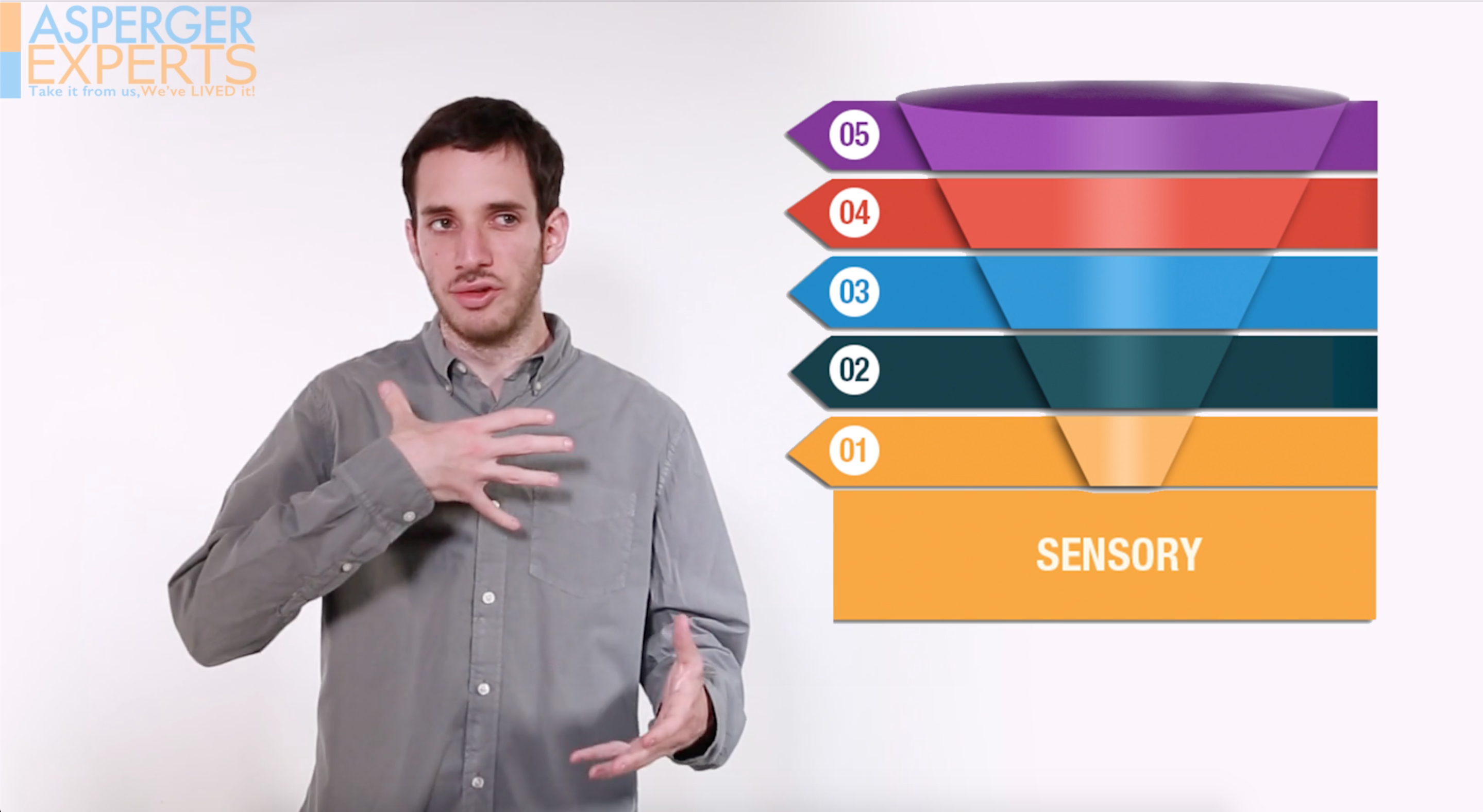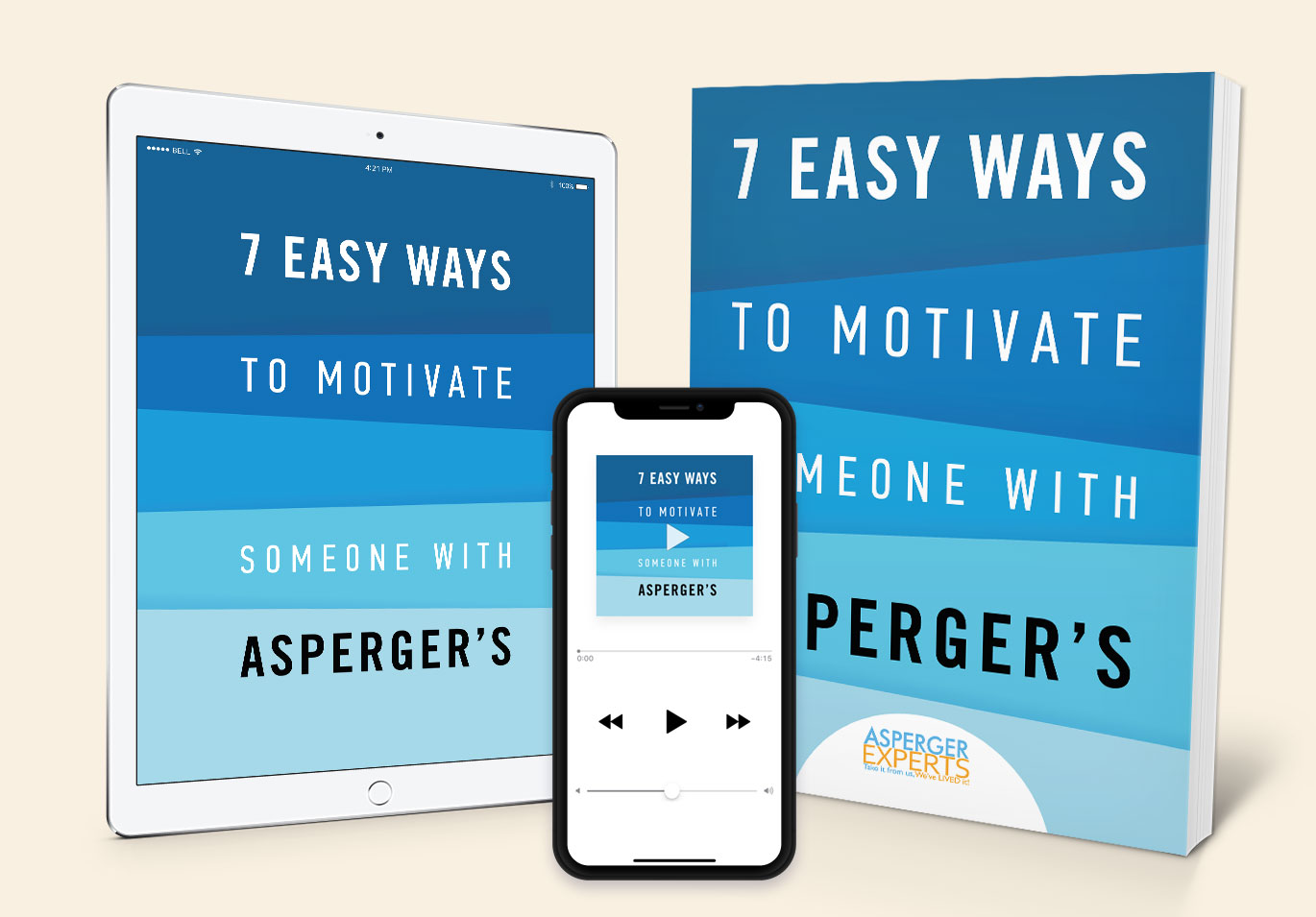"Have you ever wished you could just magically motivate your child? With a swish and flick of your Magic Wand of Parenting Awesomeness, you could instill in little Johnny or Susie the drive and heartfelt desire to get up and get stuff done -- more specifically, to get the stuff done you want and need them to do.
Yeah, don’t worry; I’ve had that fantasy too. You’re not alone.
Well, my friend, I’m afraid I’m fresh out of Magic Wands. However, what I do have in abundant supply are powerful motivation techniques grounded in psychology and personal experience that can help you streamline the process of helping Johnny or Susie get off the couch and engaged in something more productive.
Before we dive in, I want to clarify one thing up-front: This is a guide for how to motivate your child, not coerce or manipulate them. Trust me, there’s a difference. Ellen Langer, a professor of psychology at Harvard, once said “When [they] perceive choice, [they] perceive motivation.”
In other words, your child cannot be truly motivated if you force them. So, when all’s said and done, no matter how many skills you have or how motivating you make something, your child may still decide not to do it. At that point, you either have to go back to the drawing board and try again or decide that’s just not a battle worth fighting.
When we’re talking about motivation we’re ultimately talking about influence, not control. If you’re not okay with that prospect, then I recommend you put down this book now and go have a snack or something. Actually, even if you’re going to keep reading, go have a snack anyway. Snacks are great.
Still here? Got your snack? Cool. Onward!
Please be aware this book is not meant to be read in one sitting and then set on a dusty shelf. Nor is it meant to be an overwhelming treatise outlining everything you’re not doing, but “should” be doing. Take some time with this book and treat it like a self-paced class, not a rote exercise. Read it, reread it, and then pick out one or two ideas you feel you can realistically work on. Then come back and implement one or two more. Make changes in your own time and within your current capacity. If there’s something in here that’s not applicable to your situation feel free to tweak it or throw it out entirely. While there are common threads that run through the tapestry of human experience, every individual situation is a little bit unique and yours is no exception. Use your best judgement.
The next thing you need to know, dear reader, is that all of these motivation techniques are equal-opportunity. This means that although I’m mostly going to be talking about parents and children with Asperger’s Syndrome (High-Functioning Autism), they can be just as easily applied to your own life, and in your interactions with your students, your friends, your coworkers/employees, your weird neighbor Bob, etc.
It’s also important to mention that motivation is a massive field of study, and it’s just not humanly possible to include everything there is to know about it in a single book. If such a book existed it would be so mind-bogglingly massive that no one would want to read it, so please keep in mind that this short guide is not designed to be comprehensive. You’re a busy parent (teacher, therapist, human, etc.) who probably doesn’t have time to read 5,000 pages. To spare you that trouble, I have cherry-picked some of my favorite and most effective motivational tools and condensed them into a form that, hopefully, will be quicker and easier to digest.
I really hope that you will give these tools a try. Maybe even a few tries. This book can only make a difference in your life if you use what it teaches, and you can only use these principles effectively if you have practiced them and know them so well that they readily come to you in the heat of the moment.

















